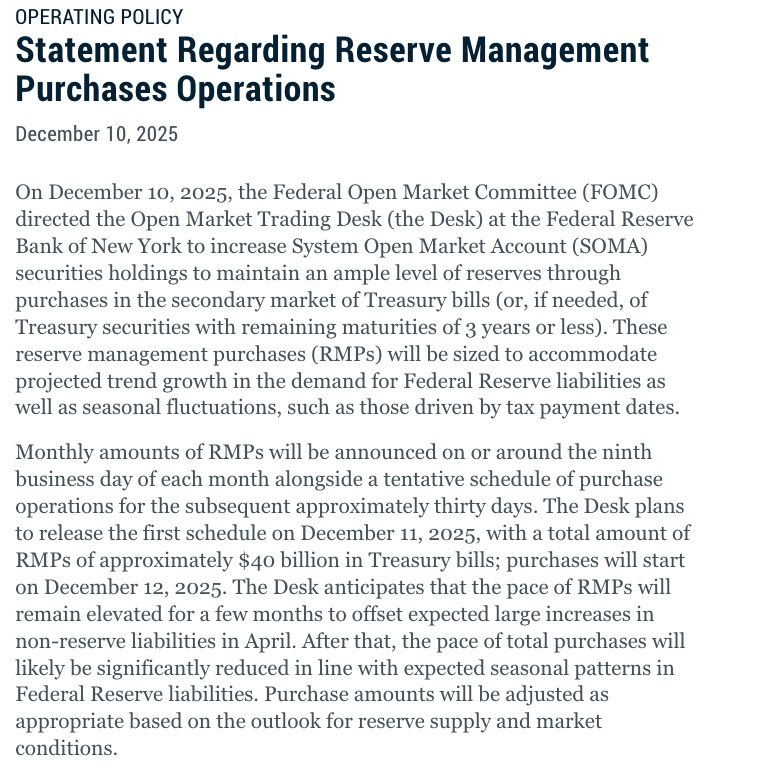Why is the ECB giving repos not swap lines to EU central banks planning to join the Euro? #AskECB
https://twitter.com/ecb/status/1309115412437700610
Is the principle of 'market neutrality' consistent with the financial stability mandate when it induces the ECB to purchase dirty bonds from carbon-intensive companies? #AskECB
Can the monetary transmission mechanism function well without institutionalising a permanent regime of targeting sovereign spreads? #AskECB
Is 'monetary dominance' a de facto transfer of political power to (loosely accountable) central banks and how should that imbalance be restored? #AskECB
https://twitter.com/ecb/status/1304357253278035968?s=19
What are the substantive differences between the Schnable(2020) and Coeure(2016) takes on government debt, and what so these imply for ECB support of sovereign bond markets under stress? #AskECB
Is it conceptually accurate to describe PEPP/OMT as lender of last resort for euro sovereigns? #AskECB
• • •
Missing some Tweet in this thread? You can try to
force a refresh









